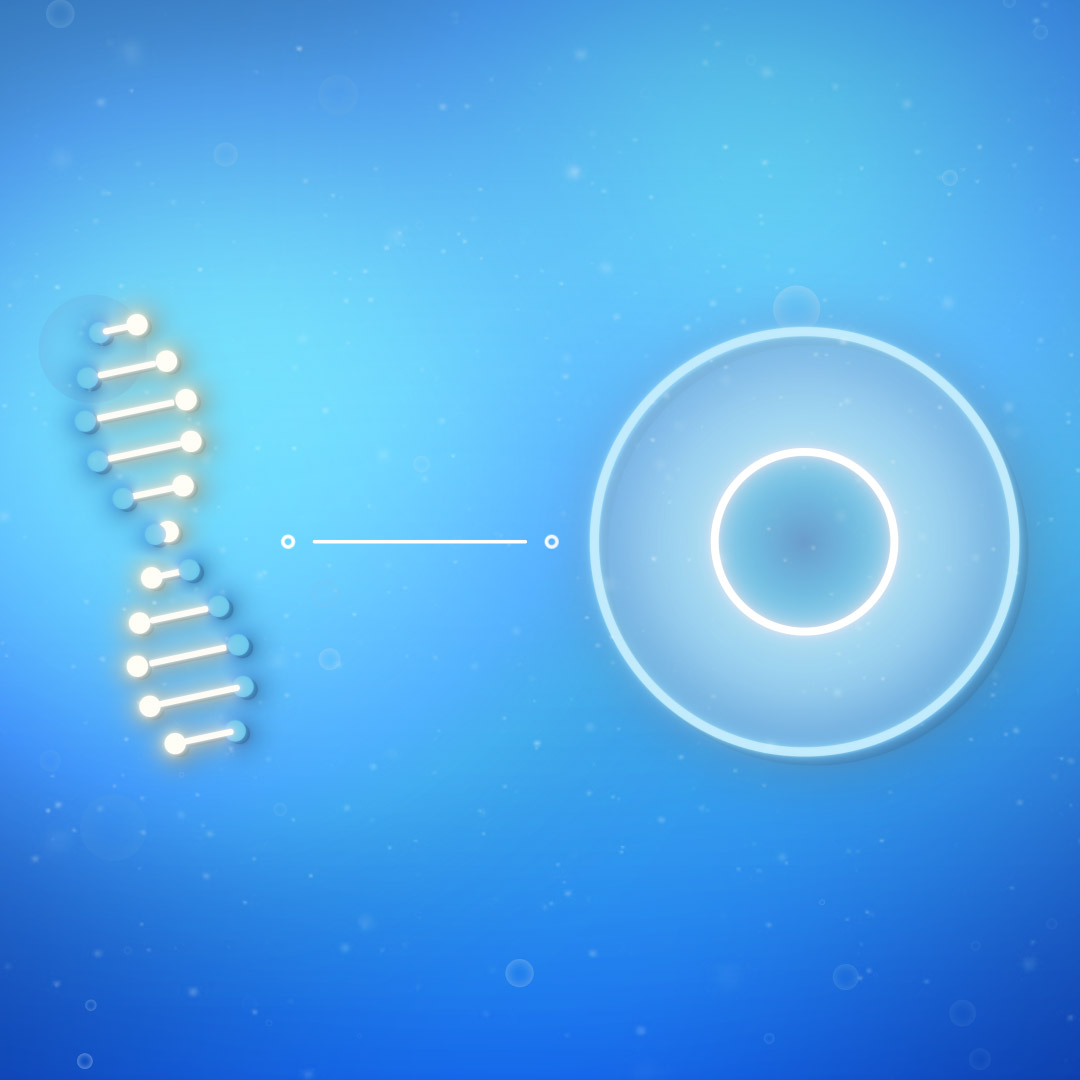- Other Products
- CCP
Today, gene therapy is primarily available in research settings, but the US Food and Drug Administration (FDA), the European Medicines Agency (EMA) and China are all beginning to approve gene therapy products.
Every day there’s a new development and numerous research studies and clinical trials are under way to test gene therapy as a treatment for complex diseases (such as different types of cancer, genetic diseases, and infectious diseases).


Today, gene therapy is primarily available in research settings, but the US Food and Drug Administration (FDA), the European Medicines Agency (EMA) and China are all beginning to approve gene therapy products.
Every day there’s a new development and numerous research studies and clinical trials are under way to test gene therapy as a treatment for complex diseases (such as different types of cancer, genetic diseases, and infectious diseases).
For the past 30 years, researchers have been working with the goal to make gene therapy available to patients. Over 2,900 clinical trials are underway, where researchers are carefully testing treatments to ensure that any gene therapy brought into the clinic is both safe and effective.
Europe and the United States have very different legal and regulatory regimes for approving gene therapies but the two regulatory agencies, FDA and EMA, are working together to establish new guidelines for clinical trials and are preparing to make tough decisions about which drugs to approve.
70% of the investigational new drug (IND) applications for gene therapy submitted to the FDA are for rare diseases and so far the FDA has approved only a limited number of gene therapy products for sale in the United States.
Even though gene therapy might seem slow to reach patients, its future is very encouraging and the FDA have stated that they “will continue to support the progress in this field by helping to expedite the development of products for unmet medical needs through the use of review pathways designed to advance innovative, safe and effective treatment options.”
In May 2019, an innovative gene therapy to treat pediatric patients with spinal muscular atrophy (SMA), Zolgensma, was approved marking another milestone in bringing gene therapy to the patient.
The Zolgensma gene therapy program is now offered at the Boston Children's Hospital (one of the first pediatric hospitals in the US) along with another gene therapy treatment approved by the FDA — Kymriah CAR T-cell therapy for relapsed acute lymphoblastic leukemia (ALL) marking another milestone in the existing field of gene therapy, continuing to move science from promise to reality.
View list of approved Cellular and Gene Therapy Products on the FDA website
Svar is in a unique position to offer assistance in any gene therapy project. We have robust platforms suited for all phases of drug development, as well as the experience and knowledge from our diagnostic and bioanalytical services. We are currently developing cell-based assays for immunogenicity and potency testing. Furthermore, we can create custom projects tailored to your specific needs to create truly tailor-made assays. Our Bioanalytical Services offer flexible solutions adapted to your needs and requirements.
Together, we can move the promise of gene therapy to reality.